Hadi Farahani
Doxastic Extensions of Łukasiewicz Logic
Nov 04, 2021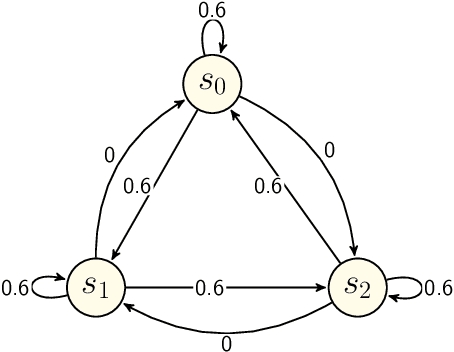
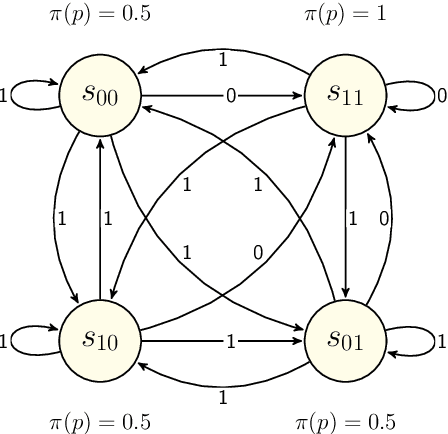
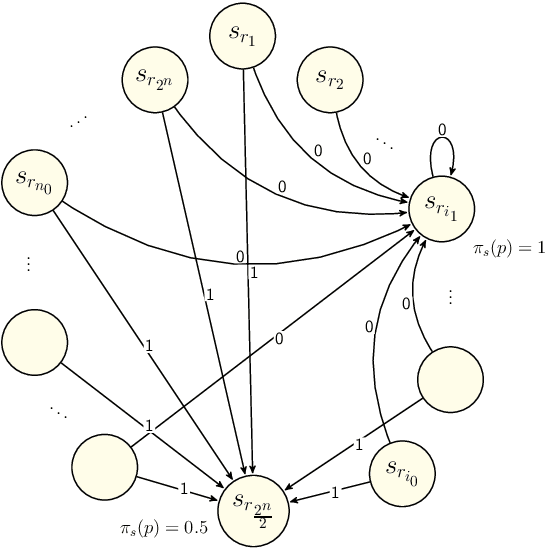
Abstract:We propose two new doxastic extensions of fuzzy \L ukasiewicz logic in which their semantics are Kripke-based with both fuzzy atomic propositions and fuzzy accessibility relations. A class of these extensions is equipped with uninformed belief operator, and the other class is based on a new notion of skeptical belief. We model a fuzzy version of muddy children problem and a CPA-security experiment using uniformed belief and skeptical belief, respectively. Moreover, we prove soundness and completeness for both of these belief extensions.
Action Recognition Using Supervised Spiking Neural Networks
Nov 09, 2019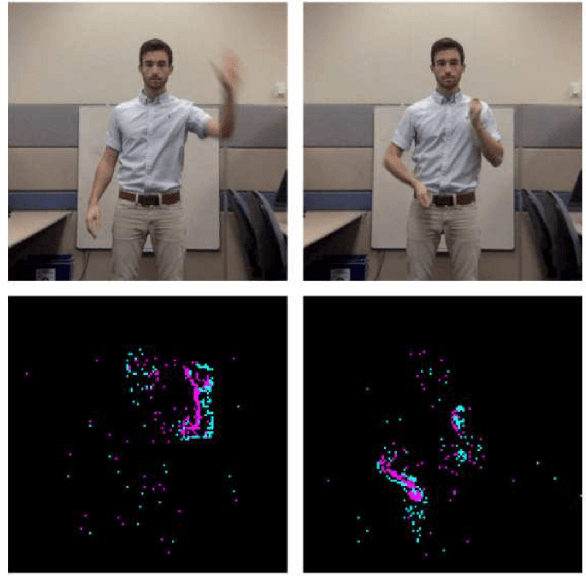
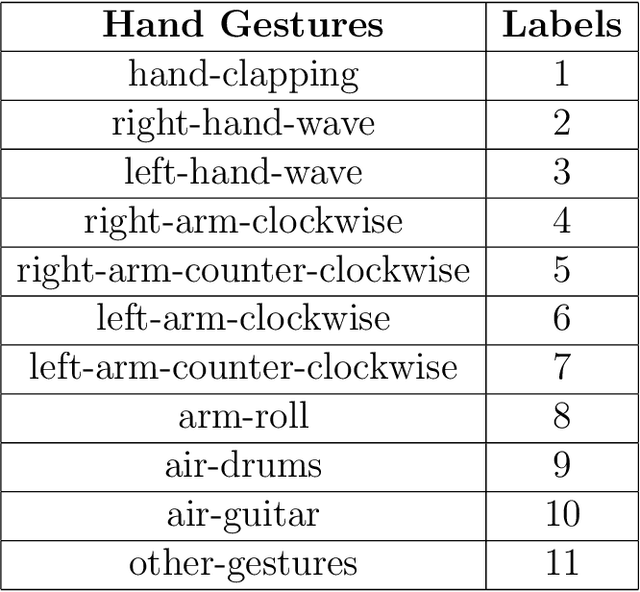
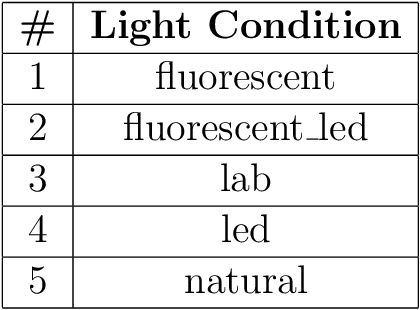
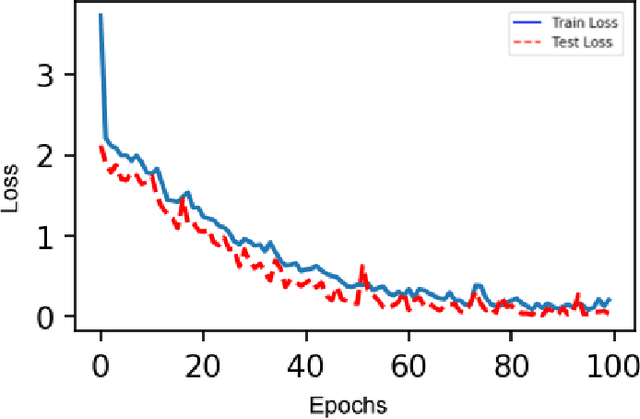
Abstract:Biological neurons use spikes to process and learn temporally dynamic inputs in an energy and computationally efficient way. However, applying the state-of-the-art gradient-based supervised algorithms to spiking neural networks (SNN) is a challenge due to the non-differentiability of the activation function of spiking neurons. Employing surrogate gradients is one of the main solutions to overcome this challenge. Although SNNs naturally work in the temporal domain, recent studies have focused on developing SNNs to solve static image categorization tasks. In this paper, we employ a surrogate gradient descent learning algorithm to recognize twelve human hand gestures recorded by dynamic vision sensor (DVS) cameras. The proposed SNN could reach 97.2% recognition accuracy on test data.
 Add to Chrome
Add to Chrome Add to Firefox
Add to Firefox Add to Edge
Add to Edge